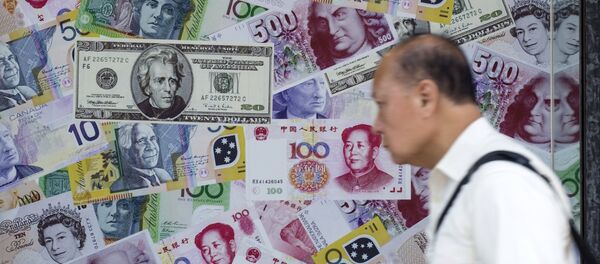Importantly, the plan was made public against the background of the government' efforts to save China from an ongoing economic downturn and restore the rapid economic growth it experienced before, Shay said.
#Startups is going to be a critical driving force for the Chinese economy. And tech industries are in the spotlight https://t.co/NPl9Da3P8a
— Sut I Wong, PhD (@sutiwg) 5 мая 2016 г.
He added that China wants to take part in the adoption of international laws and regulations with respect to the transmission of information via the Internet, control over the content of Web sites and protection against cyber-attacks.
He quoted Chinese Prime Minister Li Keqiang as saying in parliament that in the next five years, the country's government will allocate 2.5 percent of the Gross Domestic Product annually toward research and development.
In this vein, the question arises what the Chinese government wants to achieve by earmarking such hefty sums for investment, Shay said, referring to the Chinese PM, who described the use of the Internet as a basis for stimulating economic growth.
PBOC: China economy to maintain mid-to-high speed growth, says growth fundamentals are unchanged —BBG
— Livesquawk (@livesquawk) 6 мая 2016 г.
He explained that the introduction of innovative information technology will increase the efficiency of all those sectors of the Chinese economy which are currently in need of modernization.
Keqiang also spoke of the ability to collect vast amounts of information and use it for promoting the economy in the modern world. He also stressed the need to introduce new technology to medicine and education.
Concern or not, it is clear that nobody can turn a blind eye to China's plans to become a technological superpower, which Shay said may happen much sooner than we expect.




